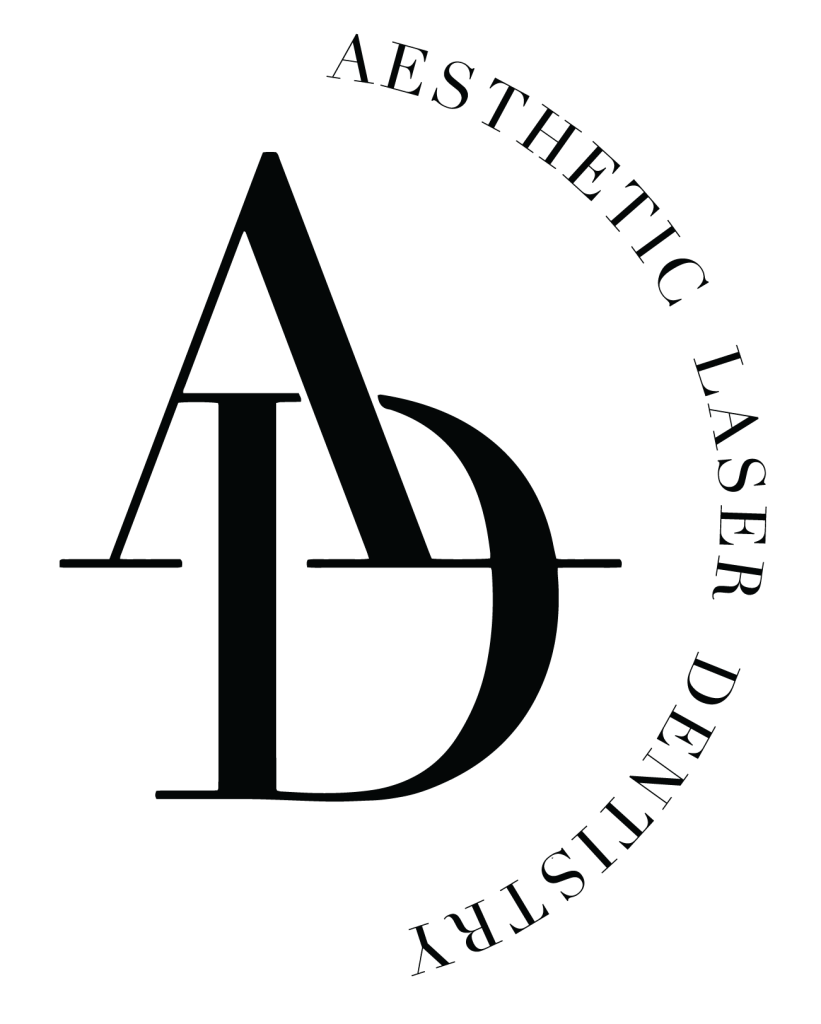Can chewing gum help your teeth?
The simple answer is that it depends on what type of gum you are chewing. If you are chewing Extra’s sugar-free peppermint or spearmint gum for example, then yes, it’s good for your teeth. Chewing gum is a great alternative for when brushing or flossing your teeth is impossible, as it does provide oral care. However, chewing gum should never replace dental hygiene practices. Brushing twice a day and flossing properly should never be replaced by another routine.
How does chewing gum help your mouth?
By chewing sugarless gum, you increase saliva flow, because chewing increases saliva production. The functions of saliva are important as it is useful in neutralising and rinsing away excess acids from your mouth. Washing away these acids is helpful, as the acid is the culprit which degrades your enamel, making it easier for tooth decay and cavities to start. The minerals that are found inside your saliva, also offer good protection by supporting and strengthening your tooth’s enamel, which further reduces the risk of tooth decay and cavities. The following minerals are found in saliva:
Calcium
Phosphate
Bicarbonate
The calcium and phosphate work together to strengthen your enamel; while the bicarbonate works to neutralise acids found inside your mouth. It is recommended to chew gum for 20 minutes after eating food.
How is dental acid created?
The acid in your mouth is created by the bacteria inside plaque breaking down the sugars found in foods and drinks we consume, to produce acid. This acid then rots your teeth. This is why reducing sugar intake is recommended, because sugar is the food for bad bacteria inside our mouths.
Xylitol sweetened chewing gum
Some chewing gum is sweetened with xylitol, which is a naturally occurring alcohol found in plant material. Xylitol is commonly used in medicine and used as a substitute for sugar in sugar-free chewing gums as it prevents tooth decay and dry mouth. The product can be found in some foods, chewing gums, candies, and toothpastes as it boosts dental health, more information can be found here.
When not to chew gum
While chewing gum is beneficial to most people’s dental health, there are of course exceptions. For example, if you are experiencing any pain or discomfort inside your mouth or jaw, it’s recommended to stop chewing gum. If you have issues with your temporomandibular joints (TMJ/TMD), you should stop chewing gum until the issues are sorted. Our friendly team at Aesthetic Laser Dentistry are passionate about helping all patients achieve their best oral hygiene and healthiest smile. If you would like to know more about oral hygiene practices, or about a treatment we have on offer, or to book in for an appointment, please click here.
All surgical procedures carry risks. Before proceeding, you should seek a second opinion from an appropriately qualified health practitioner.
March 18, 2023
James Bartalotta
